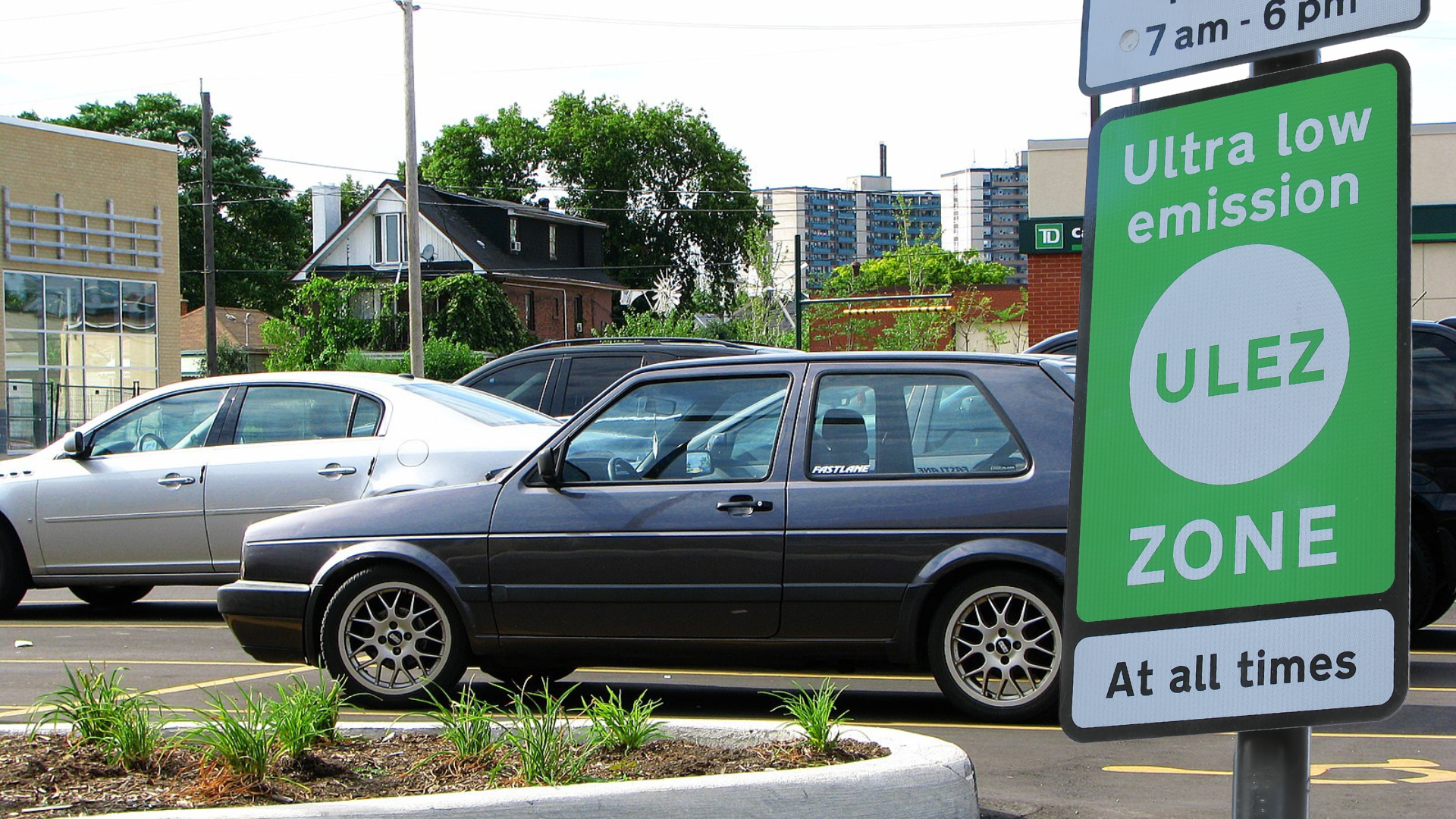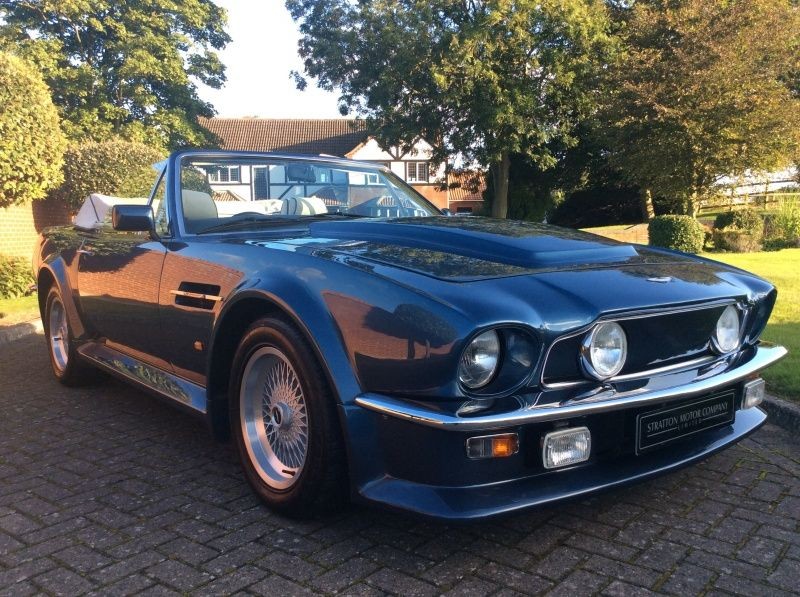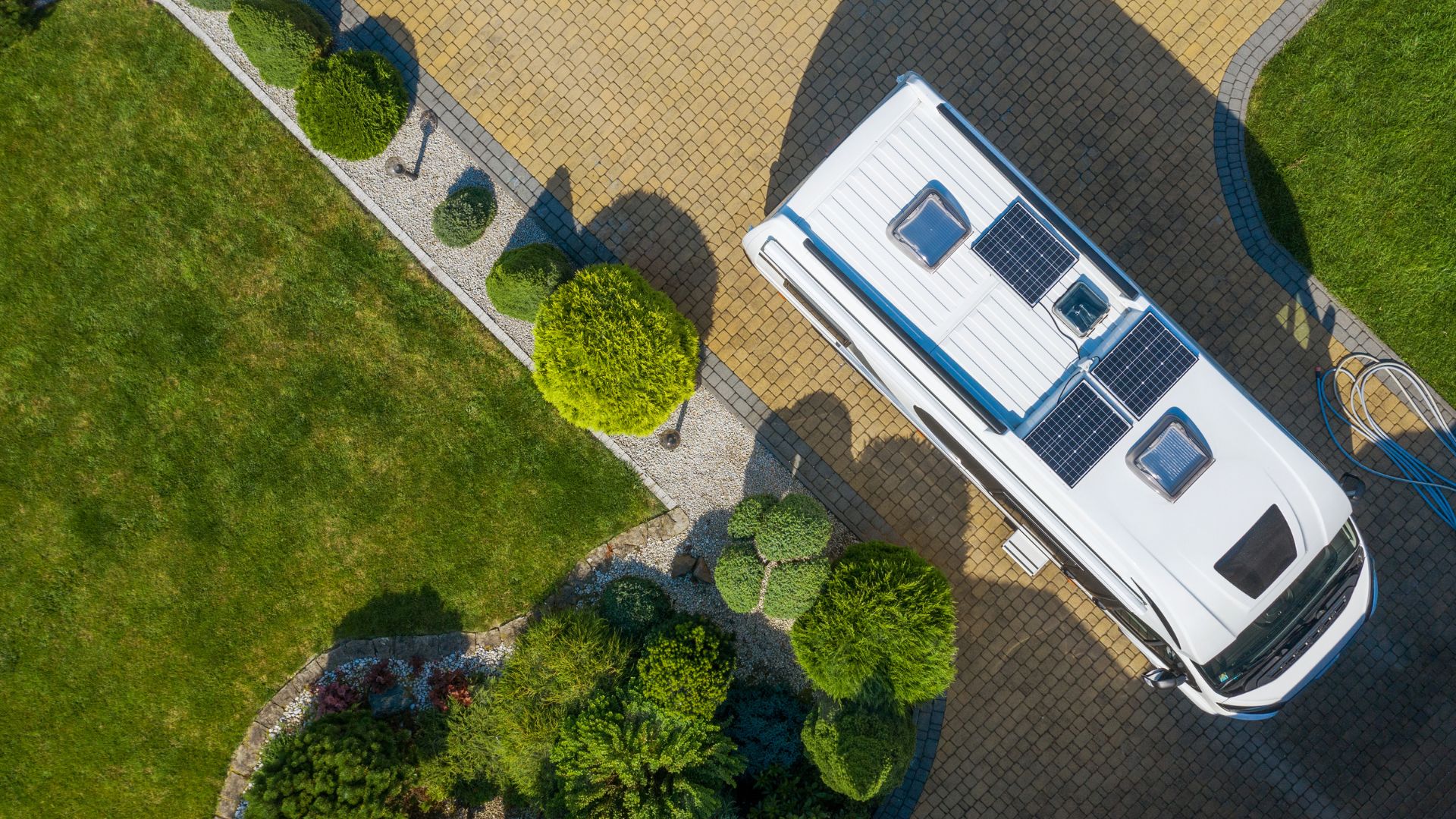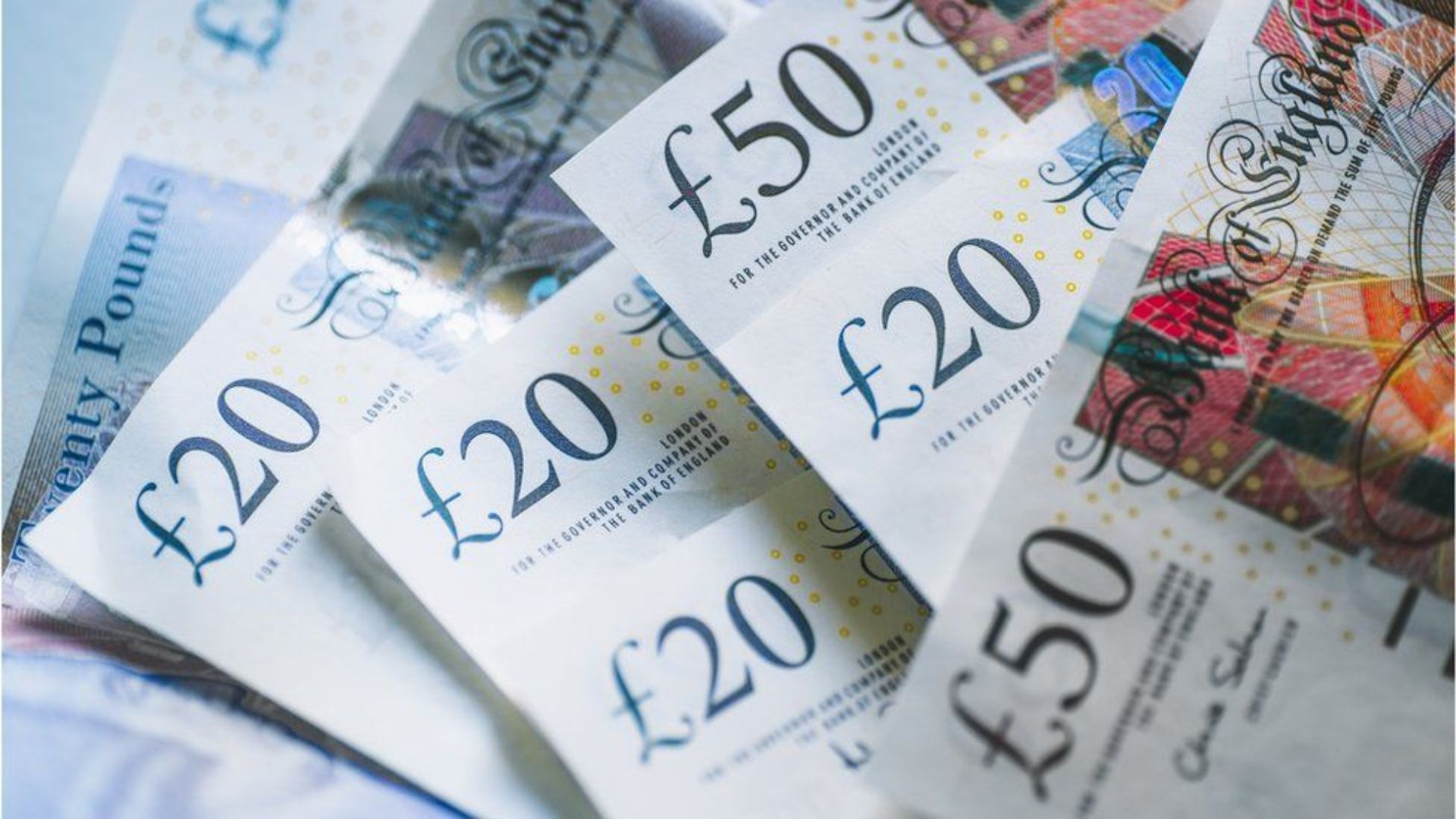In the wake of COVID-19, many people are planning on ‘staycationing’ more in the near future. Travel abroad, although desirable, is still deemed risky, with new strains cropping up and lockdowns leaving people stranded abroad. It’s no surprise then that campervans have surged in popularity over the last year.
Campervans offer an alternative way of getting from A to B without having to rely solely on trains and cars. But with so many factors to consider before making such a purchase, it can be difficult to know where you should start your search. That’s why we’ve put together this guide – which looks at everything you should consider when buying your first campervan – from where you should buy one and what checks you need to make, right through to which campervan essentials you will fill it with and additional costs associated with owning one.
Consider Your Budget
The first thing to consider before you buy a campervan is your budget. Motorhome ownership can be an expensive hobby, with the average cost of buying and running one being around £20k, so it’s important that this figure is affordable or that you have the time to look for some cheaper alternatives.
Establish how much money you spend on vacations; this includes the cost of the holiday, holiday items such as clothing, sunscreen, meals out etc., to establish what is your usual holiday spend. This will give you some idea of a realistic budget.
Which campervan should you buy?
There are several different types to choose from, so it’s important that you know what your needs and wants for the campervan are. The first thing to establish is whether there will be more than one person travelling in the vehicle? If yes, then would they like their own bed space, or is everyone happy to bundle in together?
Take into account the amount of space you need to carry luggage and essentials and food, etc.
If you are a single person, then it may be worth considering buying an older campervan that is cheaper and has fewer features than newer models to save money on running costs such as insurance and fuel consumption.
What are your campervan must-haves?
If you have children, your campervan musts may include entertainment such as TV or internet connection and bunk beds or similar sleeping solutions.
Do you need a kitchenette? If yes, then you will need to consider how much space is available in the campervan. If you don’t want a full kitchenette but still want cooking facilities such as an oven, microwave or fridge freezer, you will need to account for the space this will take up.
What should you check when buying your first campervan?
Before buying any vehicle, you should conduct certain checks. The same goes for campervans; you will need to check the vehicle’s general repair, and its key features are all in good general repair and working.
The following are the essential checks you should make before buying a campervan:
- Check that all windows and doors open, close properly. If not, this could indicate rust or corrosion, which will lead to more expensive repairs in the future; check for any leaks around seals on door frames as these can cause mould inside. If there is a pop-up roof, this should also be checked in the same way.
- Check that all the lights work, including brakes and indicators.
- Test any air conditioning or heating system to make sure it works correctly; this is particularly important in campervans with a pop-up roof. These can be difficult to cool during hot weather if they are not working properly, leading to an uncomfortable journey.
- Check the tyres for wear and tear and tread depth.
- Check the engine oil and coolant levels. If they are low, this could indicate a leak that will need to be fixed before you can use the campervan.
- Check the electrics of the vehicle and any appliances that are included.
- Check the water and waste tanks for leaks if applicable. If they are leaking, this could lead to a bad smell in your campervan which will be unpleasant when you’re on holiday or away from home.
- Consider a professional inspection by someone like the RAC for peace of mind, as this will be an expensive purchase.
Should you buy privately or from a dealer?
When buying a campervan, there are pros and cons to buying privately or from a dealer.
The main advantage of purchasing your campervan through an established dealership is that they will have the vehicle checked over before buying it. If any problems arise, this can be rectified at no extra cost. This also usually means some form of warranty included with the sale, and your rights as a buyer are protected.
The disadvantage is that the cost will likely be higher than from a private seller. Some people also feel as though they are pressured in a dealer setting and prefer to buy privately.
The advantage of buying a campervan from a private seller is that you can negotiate the price, which will likely, already be lower than a dealership. There is also less pressure to buy.
The disadvantages of buying privately are that if anything goes wrong with your campervan, it will be left to you to deal with. There won’t be an included warranty or protection.
If buying privately, be sure to carry out a HPI check to ensure the vehicle is not stolen or on finance. If buying from a dealer, ask that they have done this.
Campervan insurance
When it comes to insurance it’s always best to shop around.
Some insurance companies will offer a campervan policy as part of your car cover, but you’ll need to check with them first. If not then there are specialist providers such as the Admiral who can provide this type and level of protection for an affordable price.
Make sure you check out what’s included in the cover. Will it cover your belongings, a courtesy vehicle to get home if your campervan is off the road, or even a replacement vehicle if yours isn’t available?
Breakdown cover for campervans
Breakdown cover is another cost consideration for your campervan.
It’s worth checking if your car insurance policy includes this, but you can also buy it separately. This type of cover will give peace of mind that should anything happen to the campervan while on a trip away from home then help is at hand and there are no worries about getting back or finding accommodation in an emergency situation!
Campervan essentials for your trip
Once you have made the purchase, there are some important things we advise keeping in the van, so they don’t get forgotten when packing for your trip. These include.
- A first aid kit, just in case there are any bumps, cuts or scrapes. Make sure there are some painkillers, bandages, plasters, Calpol if you have young children and anti-histamines while you’re out in the wild.
- A torch, in case you break down at night or need to find something. It’s also handy for reading maps and books when it gets dark outside! You can get a rechargeable one that will last longer than the disposable ones, which is good if your van doesn’t have power points inside
- A phone charger – In case you forget to pack yours and leave it at home.
- An emergency blanket – In cold weather, these can act as heating, and they also act as a good insulator.
- An inflatable pillow and sleeping bag If your van doesn’t have a bed already. You can also get these as an extra for when it’s cold outside too! They’re convenient if someone falls asleep on their own or two people are travelling together.
- Tinned food – always keep some long-life emergency supplies on board.
- A pot, pan or saucepan – You’ll need this to cook anything in your van’s kitchenette!
- Some warm clothes such as a jumper, coat, just in case there’s an unexpected wet or cold spell.
Now all that’s left to do is enjoy your new-found freedom and holidays in the camper! We hope that you found this guide helpful for buying your first campervan and enjoy many years of happy holidaying and motoring. When you’re not using it you could even try and recoup some of the costs by renting it out, you can find out more about that here.







Leave A Comment